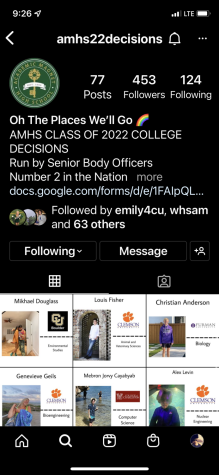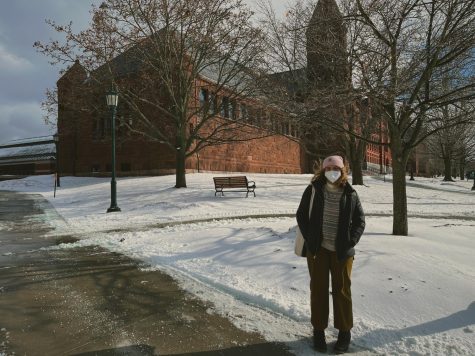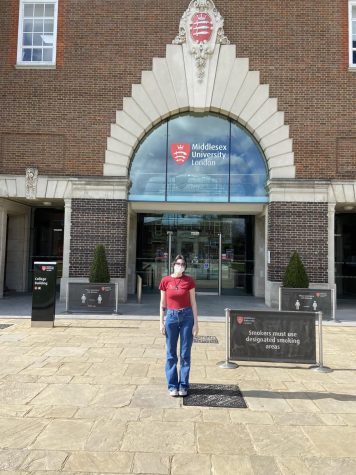Opinion: The College Essay is Overrated
Remember to Be True to Yourself and Go Where YOU are Wanted
Your whole life, you’re taught not to be selfish, not to gloat, to suppress the hubris. Fast forward! You’re seventeen maybe even eighteen already, and it’s time to fire up the common app. You fill in all the pointless info, then, BOOM! The personal statement hits like a ton of bricks. A lifetime of suppressed rants about yourself and now you get to let it all out. But as Lee Corso once said, “not so fast, my friend.” It’s the impenetrable wall, the struggle that pushes you to your limits as AP Research attacks from the other side. The college essay is a long and winding road to the ultimate prize. Four more years of writing, so that you can do more applications. It teaches you a valuable lesson about how you must now learn to promote yourself. But is that right?
In short, NO. The idea of self-promotion has longevity, but not utility. If you don’t hype yourself up on a college app it’s a rejection letter, but too much hype and no results is a recipe for college failure. Furthermore, everyone will probably call you pretentious or self-absorbed if all you do is talk about yourself. The idea that you must exhibit skills on a college application that are rude in near any other scenario isn’t just flawed; it’s flat wrong.
Don’t get me wrong, I believe heavily in self-awareness and emotional sharing as it is key to feel supported. The idea of recounting fun childhood anecdotes or lessons learned isn’t problematic; the institution is flawed. Another glance at the application will show a box for those that have helped you on your application, but only after the three to five essays, of course. This field is an enabler and at the near-core of the inherent issue. You see, these essays are fun, educational, and great for releasing emotional tension. They are not, however, integral for college admission. You work eighteen years on good grades, extracurriculars, and character cultivation not to have to testify on your behalf, but to have your actions speak louder than your words. The idea of having several counselors, your parents, your AP Lit teacher, siblings, and friends reading your essays makes it seem like they have to be perfect. They don’t!
The mere idea of bringing in tons of people to read your college essays is counterintuitive. Colleges want to see you, not a polished or over-embellished version of yourself that you cultivated over months. In the same way we cram information for hours just to forget it fifteen minutes after a test, a super edited essay sent to colleges presents a fictionalized version of oneself that sets an unreasonably high standard for future performance. The harsh reality is none of us have one hundred percent recall of every notable event in our lives, ranked by gravity and categorized by future essay topic. Along the same lines, we are not seventy-five year-old English scholars, so why try to present our credentials in this light.
Don’t get me wrong, there is a well-defined barrier between artificial behavior and presentability. I have no right to tell others how to live their lives while I blindly navigate my own. That said, there is a stark difference between doing what is right to not stand out in the worst ways, like studying to make sure you don’t get a 50 on all your tests. For those who care, which is hopefully all of us, studying is justified because academic pursuit is true to us as people. But embellishing past a certain point does no one a service. Though all of us are guilty, namely myself, the time is now to change. No longer should we encourage people to promote themselves through the use of artificial personas just for the purpose of making someone be more impressed. So as you start (or finish) writing your college essays this fall and winter, just remember to be yourself and let them be impressed with what you’ve done over your eighteen years, like your scores, grades, and passions. If you let the essay shy away from who you are and allow the schools to judge these random glimpses into “your life” the person they are admitting isn’t truly you.













